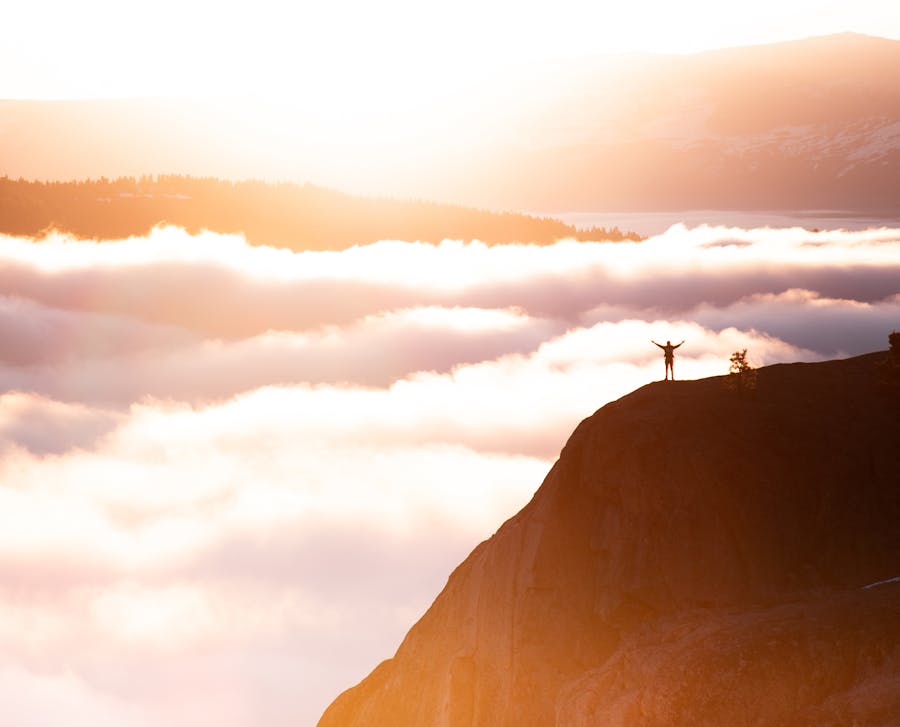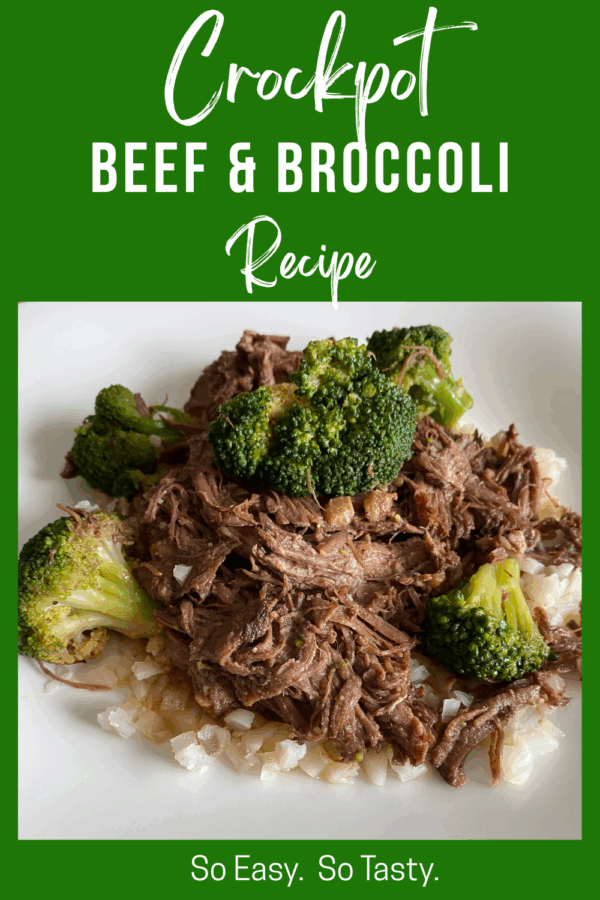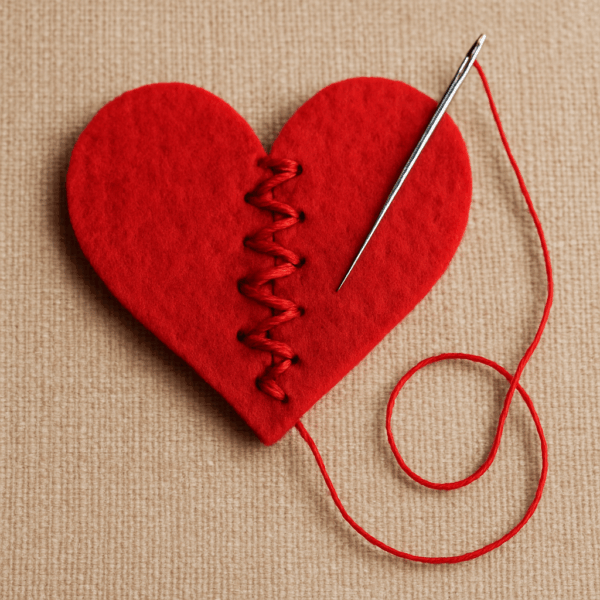
“We must all suffer from one of two pains: the pain of discipline or the pain of regret. The difference is discipline weighs ounces while regret weighs tons.”- Jim Rohn
When bad things occur I believe that either something good or unexpectedly beneficial can come out of such dire and negative circumstances. For example, the years during the COVID-19 pandemic left stains of death, fear, controversy, division, anger, sadness, isolation, and disconnect on the fabric of society and continues to effect the world even today. It was at this time, however, that I began my journey towards better mental and physical health. Make no mistake, I am not happy that the pandemic happened; but, I am grateful that I was able to find some light during the darkness.
Being confined to the house presented an opportunity for me to read more books about self-improvement, spirituality, and relationships. I enjoyed learning about different philosophies and strategies that could strengthen my relationship with myself, others, and God. A common recurring theme in my readings focused on the importance of exercise. Up until that time, I had never had any desire to work out. I’d take my dogs for walks or go on an occasional hike with my husband– but, it was not part of my everyday routine. As I kept learning about both the physical and mental benefits of exercise I felt an innate pull towards incorporating physical activity into my daily regimen. What began as an internal objective eventually came to external fruition and over time has become as natural as brushing my teeth.
Integrating exercise into my daily routine was a deliberate decision and an arduous process. In life we experience different types of challenges once we set our sights on a rewarding objective. We can choose to experience short-term discomfort of discipline or the long-term burden of regret and stagnation.
It takes hard work, sacrifice, and willpower to achieve goals. Discipline may feel challenging in the beginning, but is temporary and ultimately leads to a sense of growth and accomplishment. Conversely, regret comes from neglecting to take steps toward a disciplined life in which we grow and progress. We get stuck in the box of our comfort zones and unfortunately that can lead people into feeling they lack a sense of purpose or that they have missed out on opportunities. Those thoughts are a heavier burden to bear than the temporary discomfort of adjusting to a more disciplined life.
What if our goals or intentions could eventually become our comfort zone? Personal growth is a journey, not a destination. It unfolds in stages, much like the process of mastering any skill or adopting a new way of thinking. Often, we assume change happens quickly, but real transformation follows a natural progression. It starts with a spark—an intention—and, over time, it weaves itself into the framework of our identity.
By understanding the five key stages—Intention, Practice, Habit, Second Nature, and Identity—you can navigate your journey with greater clarity, patience, and purpose.
5 Stages of Personal Growth
1. Begins with an Intention
Every journey begins with a decision. Intention is the spark that ignites transformation. It is a conscious choice to shift something in your life, whether it’s a habit, mindset, or behavior. Intentions take root in awareness—they arise when you notice something you want to improve or develop and commit to taking action. At this stage, motivation is often high, but can be fragile. Without follow-through, an intention remains just a thought.
For example, if you decide that you want to integrate running into your life, your journey begins with setting that intention: “I want to start running.” At this point, nothing has changed yet, but you have created a mental plan.
2. It Becomes a Practice
With your intention set, the next step is practice. A practice is a repeated behavior with intentional purpose and commitment. This stage requires discipline and effort. Because the behavior isn’t yet ingrained, you may need reminders, external motivation, or structured routines to stay on track. Growth happens in the discomfort of practice and you are in the midst of evolving.
If running is the goal, you now create intentional opportunities to practice it. You carve out a portion of your day to run regularly. This period of practice requires deliberate effort and focus.
3. It Becomes a Habit
Over time, repeated practice turns into a habit. It is a behavior that is more automatic and is happening without as much conscious thought. It still requires some effort, but is beginning to feel more natural.
In the example of running, waking up early to run is becoming easier to implement. There is less resistance to follow through with your goal, but at times it still requires some discipline to execute your initiative.
4. It Becomes Second Nature
At this stage, your practice evolves into second nature—meaning you no longer have to consciously think about it as much. The effort is reduced, and the action feels more instinctual.
Using the running scenario, if you’ve been consistently running for months or years, you might reach a point where it just feels natural and is simply part of the normal course of your day.
5. It is Your Identity
The final stage of growth is full integration—when the change becomes a core part of your identity. You no longer think about carrying out your objective. It is no longer something you do; it is now something you are. This is the moment when personal growth is no longer effortful. It’s not about discipline or habit anymore; it’s simply how you move through the world. The identity shift is complete.
In the case of running, this is when you see yourself as a runner, and running is part of who you are.
The Power of This Process
Understanding these stages helps us embrace change with patience and persistence. Too often, people give up when change doesn’t feel immediate or feasible. But personal growth is a progression—what starts as an intention transforms into identity over time.
So, if you’re determined to grow—trust the process. Keep showing up for yourself. Remain disciplined. What feels unnatural today will, one day, be just who you are– and you will love yourself for it!



I love this! Exercise has become second nature for me, so much so, missing a day feels like not brushing my teeth, lol! BUT, that being said, I’ve had to work really hard on discipline, in the sense that when my body is sick I need to tell myself twice that I need rest. It’s amazing how hard something can feel in the beginning but once you master that practice and habit, how easy it becomes! Xo